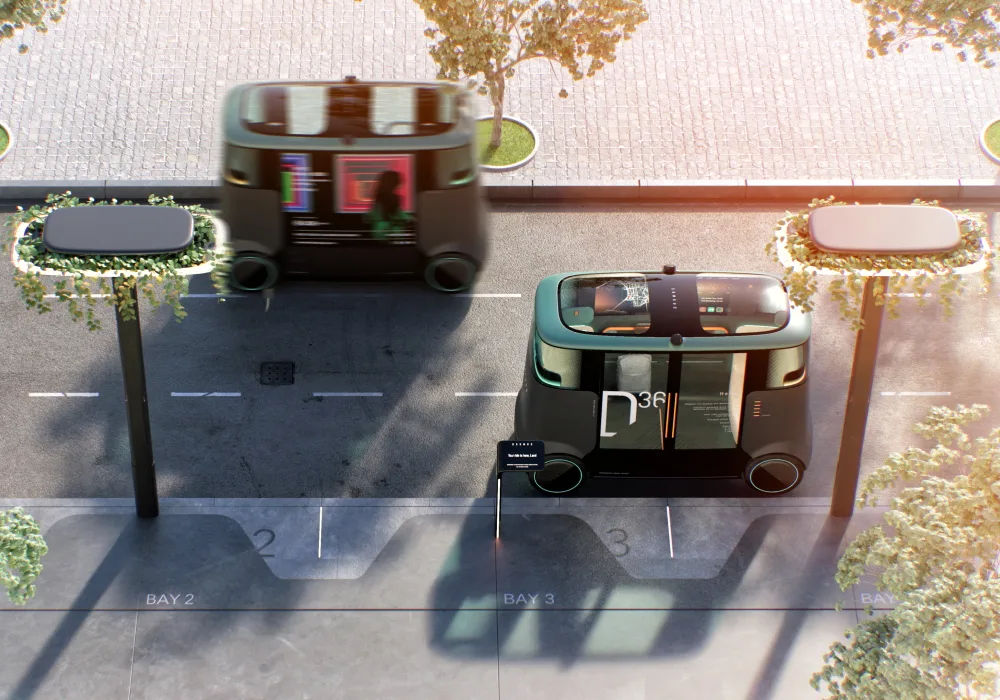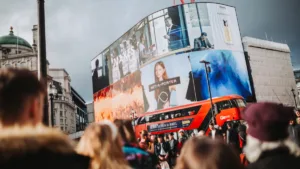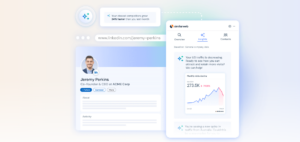In the next decade or so, connectivity and smart technology will completely transform daily life, healthcare, mobility, environmentalism, and personalisation, according to a report released by Vodafone in partnership with The Future Laboratory.
‘The Connected Consumer 2030’ report predicts how innovations in connected care, smart cities and transport, ethical connectivity, sustainability, and future technology will improve our lives for the better by 2030. It also looks at how human behaviour is shaping this future.
“In the past 40 years, we have seen connectivity fundamentally change the way we communicate. It might not have been the influx of flying cars, talking fridges, and robot mates that the analysts eagerly predicted, but very quickly connectivity has profoundly changed our experience of the world,” said Lutfu Kitapci, Global Managing Director, Vodafone Smart Tech, speaking at the launch of the report.
“Today, we sit on the precipice of a technology explosion that will transform society, helping solves a series of once-in-a-generation challenges that will help improve the lives of consumers across the globe – and it won’t be the talking fridges at the forefront of this change. It will be innovations that are able to provide simple, elegant solutions to every day problems, and create a more sustainable future.”
The report forecasts that, within the next 10 years, we will have products in our homes that proactively monitor health and diagnose conditions. For instance, mirrors could be fitted with sensors that check for blood flow and abnormal changes in skin colour, or smart speakers could detect coughs and sneezes and recommend medicines. Meanwhile, wearable devices are expected to move beyond voice control, and begin to directly interact with people’s thoughts.
Technology has a big role to play in the world’s ambition to limit global warming to 1.5 degrees by 2030. We could see connectivity built into trees, grasslands, and oceans to help monitor and assess the environment, while smart cities will be able to better distribute energy resources, and people will be helped to make more eco-conscious decisions.
On the mobility front, the report suggests that passengers in autonomous vehicles will be able to completely tailor their experience via their personal devices, depending on how they plan on using their time in the car. And ecommerce brands will be able to showcase their products to passengers through the use of holograms. Along similar lines, the report also points to personal data becoming a new form of currency that will dictate the entire relationship between consumers and brands.
“In this report, we, at The Future Laboratory – with Vodafone Smart Tech and the help of our experts – have really started to think about some of the key issues that we face, both as citizens and collectively as communities,” said Chris Sanderson, Co-founder of The Future Laboratory, speaking at The Connected Consumer 2030 launch event.
“We’re looking forward to a series of technological, economic, social, and cultural shifts that are going to drive consumer behaviour throughout the next decade, shaping how, where, and why people harness connectivity and smart technology. These changes are going to be determined by consumer attitudes, behaviours, patterns, and outlooks.
“At The Future Laboratory, we firmly believe that technology does not transform society. Society transforms itself using technology. We’re the ones that have really driven the domestication of the internet, and the way that we engage with this technology to do deeply human, and every day things.”









